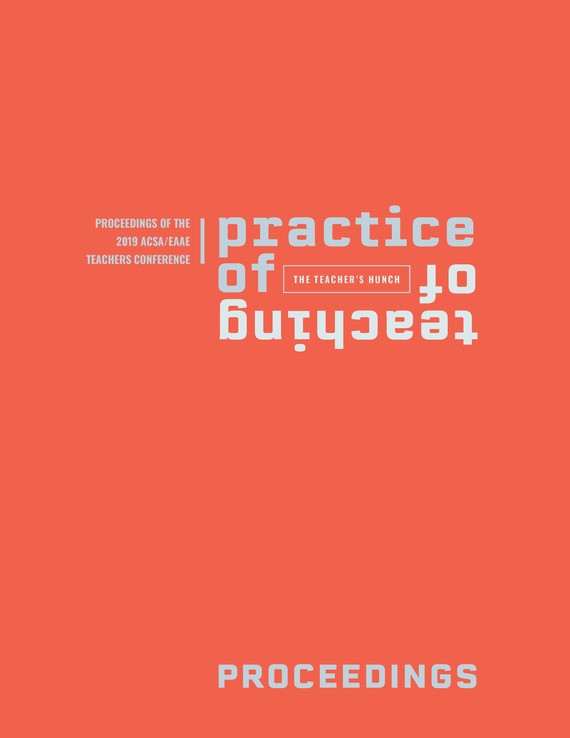Author(s): Anne K. Kurjenoja, Melissa Schumacher, Edwin Gozález-Meza & Eduardo Gutiérrez-Juárez
Latin American architecture and with it, architectural education frequently celebrates the insertion of local projects in the international design stardom as vanguard symbols of development, quality of life and local capacity for innovation. The material environment follows the logics in which the urban image and architectural objects are non-textual elements in a political, economic and social discourse.Thus, the 21th century architectural and urban re-invention is easily focused on the transformation of the material world to images of glamorous architectural objects and urban landscapes, de-territorialized from their local contexts, their people and the local narratives of place. How could Mexican architectural education respond to local, spatial, socio-cultural, territorial, environmental, economic and political demands to favorable impact the construction of material environment struggling under the clash between globalization, its neo-liberal architectural language, and the local emerging needs? Could it develop different and challenging focus areas, to seek new approaches to local problematics? How should critical architectural education trigger locally-based development innovation with potential to face global challenges of the professional world? In this context, Universidad de las Americas Puebla’s (UDLAP) researchers’ initial question was, how should critical architectural education trigger locally based development innovation with potential to face global challenges of the professional world?The exploration of a new and locally viable architectural approach to sensible Mexican urban territories was triggered by a project seeking strategies to respond the collision between the traditional community of Cholula, Puebla, and the recent urban development around it informed by global economy and its architectural aesthetics. In a design workshop, socially responsible professional practices and sustainable environmental transformations were promoted in a context in which global forces are influencing local urban planning policies. Thus, this paper exposes Expansive Learning1 educational approaches experimented to trigger strategies for collaborative community development. These strategies were based on Social Urbanism, socially responsible New Localism2 and Regenerative Development Design3 through bottom-up collaborative design and co-configuration work in which the architect adopts the role of a social and environmental mediator within the framework of Critical Realism (CR)4.
https://doi.org/10.35483/ACSA.Teach.2019.62
Volume Editors
Richard Blythe & Johan De Walsche
ISBN
978-1-944214-23-4

 Study Architecture
Study Architecture  ProPEL
ProPEL 
